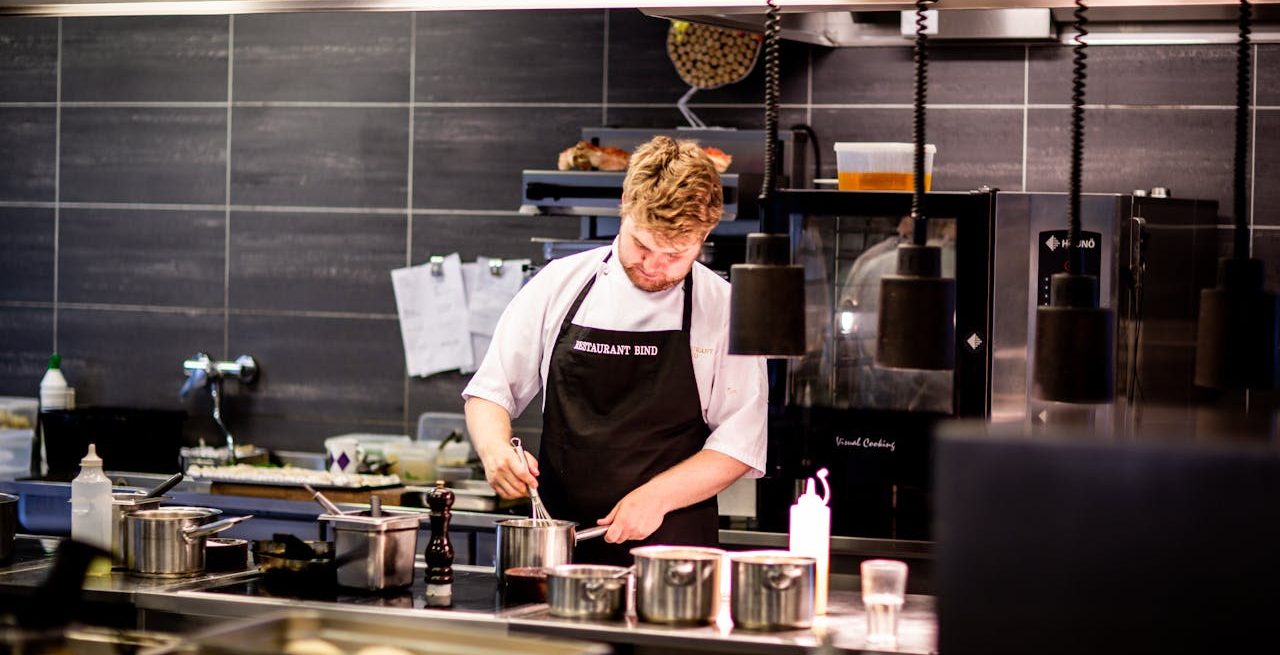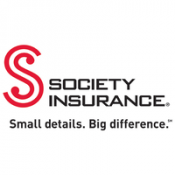Six Low-Lift Tips for Restaurants Ahead of National Insurance Day
3 Min Read By Society Insurance
While maybe less cute than National Pet Day (4/11) and less tasty than National Cheeseburger Day (9/18), National Insurance Day on June 28 encourages businesses to review their policies to ensure financial success and safety for all involved.
Ahead of the holiday, Society Insurance has put together six low-lift things restaurant business owners can do on June 28 (or year-round) to make sure they’re in a good spot against common insurance claims.
Make Sure Your Gutters Are Clear
You should clean your gutters twice a year, and late spring/early summer is one of the best times to do so. Cleaning your gutters ensures they’re clear of debris that could prevent proper drainage. If your gutters aren’t clear, water can collect on your roof or in the gutters themselves, weighing them down and potentially causing costly damage to your building.
Don’t forget that directing your downspouts and drains away from your business’ foundation is just as important as clearing your gutters of debris. When high volumes of storm water is draining from your gutters, it should be diverted away from your building. If it pools at the base of your building, it can cause significant damage to your building’s foundation.
Test Your Walk-Ins
When you lose power, your refrigerators and walk-in coolers are critical tools for preventing losses. If your coolers don’t seal tightly and warm air gets in, your food could spoil, leading to thousands of dollars in waste.
Check Your Alarm Systems
Conduct routine maintenance of your alarm system to ensure it works if a break-in is attempted, and that key staff members have received special training on its activation and disabling procedures.
Invest in Class K Fire Extinguisher
Even though the classic red ABC fire extinguisher may be able to temporarily put out a grease fire, a class K fire extinguisher with its wet chemical agent will help keep the grease fire from reigniting. Silver class K fire extinguishers are meant exclusively to handle kitchen grease fires. They utilize a foam-forming agent that prevents persistent kitchen fires from reigniting.
Most commercial cooking installations require a fixed fire suppression system that must be certified UL 300 and regularly serviced by a qualified contractor. To provide both fixed and portable fire suppression, a Class K portable fire extinguisher must also be installed and visible. Train all staff on their use.
Trim Your Trees to Prevent Storm Damage
While dead trees and dead branches are a liability all of the time, dead branches are more likely to fall during heavy storms and gusting winds. This can be hazardous to you, your employees, patrons and the building. From tree limbs falling on the roof to dead branches getting tangled in power lines, a well-maintained property will, again, help you avoid costly storm damage insurance claims.
Protect Your Data
Data breaches can happen to restaurant chains and small eateries alike. Nearly half of cyber-attacks target small businesses and 60% of small companies who experience a significant attack go out of business. To better prevent a data breach:
-
Use encrypted passwords
-
Properly secure your WiFi network.
-
Be skeptical of emails. Question generic greetings (i.e. “Dear Customer”) and threats regarding your financial accounts (i.e. “Please reply within five business days”).
Whether you do one low lift item from above or check off all seven from your to-do list, you’re better ensuring a safer workplace for your employees and patrons, helping safeguard your financial livelihood, and, without a doubt, setting you up for less red tape and headaches in the future.


